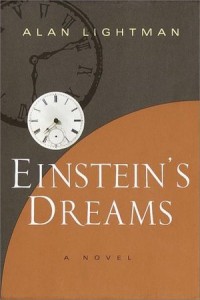I seem to keep coming back – again and again – to this laundry list of authors: Robert A. Heinlein, Alan Moore, Ian Fleming, Neil Gaiman, Alan Lightman. These are the writers that have inspired my attempts at writing stories and influenced how I put one word after another as well as how I organize one idea against another.
Back in the ancient days of the early to mid-90s, I first tried to write comics exactly like Gaiman and Moore and boy did I fail miserably. Once I got over trying to create the next Miracle Man or Sandman and settled in to telling stories that were occurring to me I did a lot better. I toyed with the idea of writing fiction, too, and that’s when I tried aping Heinlein.
When I was a songwriter for the bands I played in, I would tap Heinlein again for song titles and themes. A couple songs were pretty successful though anyone listening to them and looking for a hidden meaning or if I was trying to adapt a book into a song would be disappointed. (And don’t bother trying to find any of my songs anywhere. I have copies and so do the guys I played with but this was way before the internet and music software were so ubiquitous.)
As I started trying to write fiction on a dedicated word processor (anyone remember those?), I used thinly-disguised characters and settings from Heinlein and Gaiman, especially. I was trying to write fantasy and science fiction so it was natural to turn to masters of those genres. Later, after I discovered Einstein’s Dreams, Lightman taught me how to write emotions and so it was natural to pull from him, too. That led to me really dissecting Moore and Gaiman’s comic stories for emotional content. Goldmine. I was attending Fiction University.

